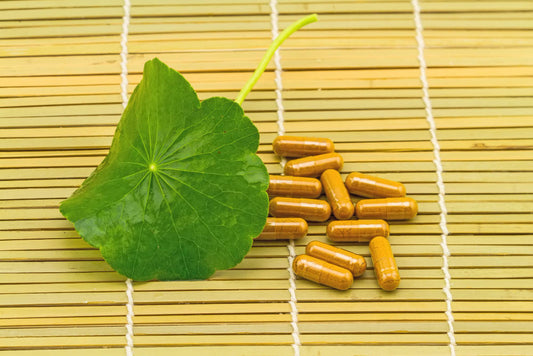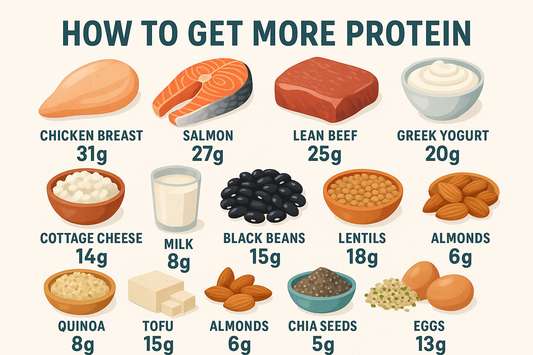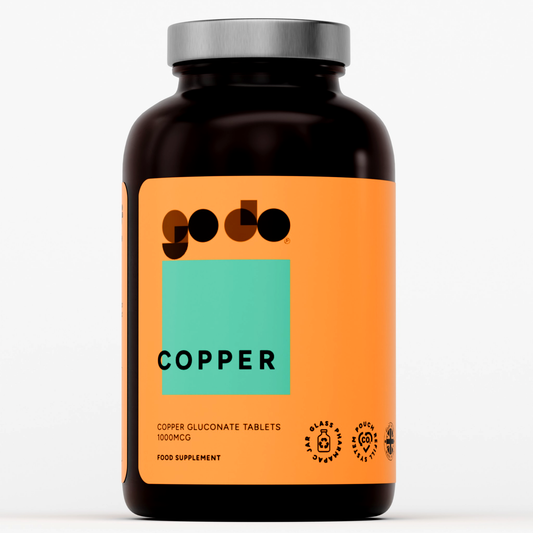
What are Proteins?
Proteins are large, highly complex molecules critical for many bodily functions. They are of enormous nutritional value and play an integral part in helping carry out many chemical processes that occur in our bodies. Proteins comprise of long chains of amino acids, building blocks of a protein molecule.
There are a total of 20 different types of amino acids in our body that join in different combinations and links in order to form new and distinct protein molecules specific in structure and function. Different proteins carry our different functions in our bodies. They are used as a source of energy, in growth and repair processes, enzymes that alter and speed up chemical reactions in our bodies are also proteins and proteins form antibodies that fight foreign particles and protect our bodies among numerous other things.
The recommended intake of Proteins:
Protein should constitute about 10-35% of the total caloric intake. Some experts also recommend taking 1 gram protein for every 1 kg of your body weight.
Benefits of a Protein-rich diet:
Proteins make up tissues, organs, muscles and hormones in our body. They are one of the most important constituents of our diet. The following is a list of benefits of regular intake of proteins:
- Protein intake is necessary to help build and maintain muscle mass
- They help strengthen bones
- They prevent premature aging and slow down the aging process
- They play an integral role in weight loss by filling you up preventing overeating
- They minimize the dependency on insulin as it requires less insulin to break it down
- They could potentially stabilize your mood, diminish anxiety and other behavioral disorders
- They enhance and maintain brain function and learning
Signs you are eating too much protein:
While protein-rich foods are very nutritional and have countless benefits, an excess of anything can have numerous disastrous impacts on our health. The problems are especially profound if a high protein diet is continued for long periods of time.
- Weight Gain
A protein-rich diet is beneficial and helps lose weight, but if the diet is continued for long periods of times, it can reverse the process and lead to gaining weight. Furthermore, you could also increase the risk of developing the metabolic disease. It is recommended to consume lean proteins, healthy fats and quality carbohydrates to maintain optimum weight or lose weight.
- Bad breath
The weight loss resulting from a protein-rich diet may very well be short-lived especially if rather than consuming a balanced diet, you have also limited your carbohydrates intake significantly. A lot of people currently on high protein diet reported issues with bad breath.
It can be traced back to a metabolic condition called ketosis that our body goes into when a protein-rich diet is consumed. Presence of ketones in our body can result in the fruity smell. To counter the problem, brush your teeth and floss regularly, chew on mint or gum and keep hydrated. Also, try making your diet more balanced.
- Constipation
High proteins diet are often lacking in fibre resulting in problems of constipation faced by many people consuming high protein diet. This can be countered easily by taking medicine to relieve the discomfort, but for a longer lasting and healthier route, it is advised to increase water and fibre intake to counter the problem.
- Kidney stones
High protein diets can very well lead to the formation of calcium stones in the kidney that are mostly diagnosed when they reach the urinary tract. In simpler words, dehydration and excess calcium can lead to kidney stones in kidneys. It is recommended to take fruits and vegetables as alkaline buffers to help restore acid-base balance in the body.
- You are dehydrated
Hydration is essential when consuming a protein-rich diet. If dehydration is experienced, then there is something wrong with the diet and need to be reevaluated. The body requires more water to flush out excess nitrogen compounds in the body. It is advised to avoid salty and caffeinated foods and to drink water when thirsty or at constant intervals to prevent dehydration and related health problems.











